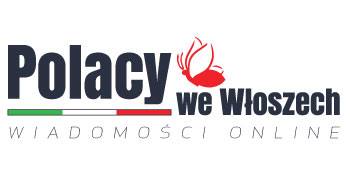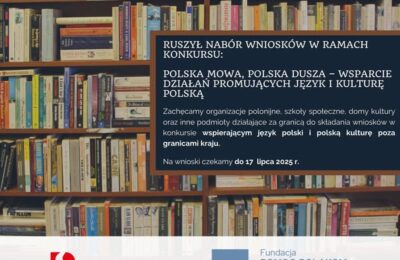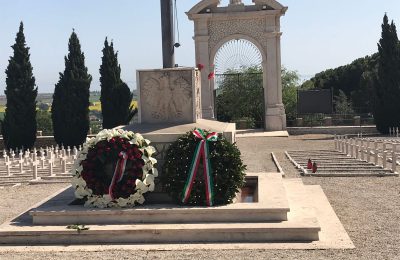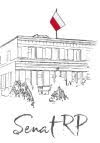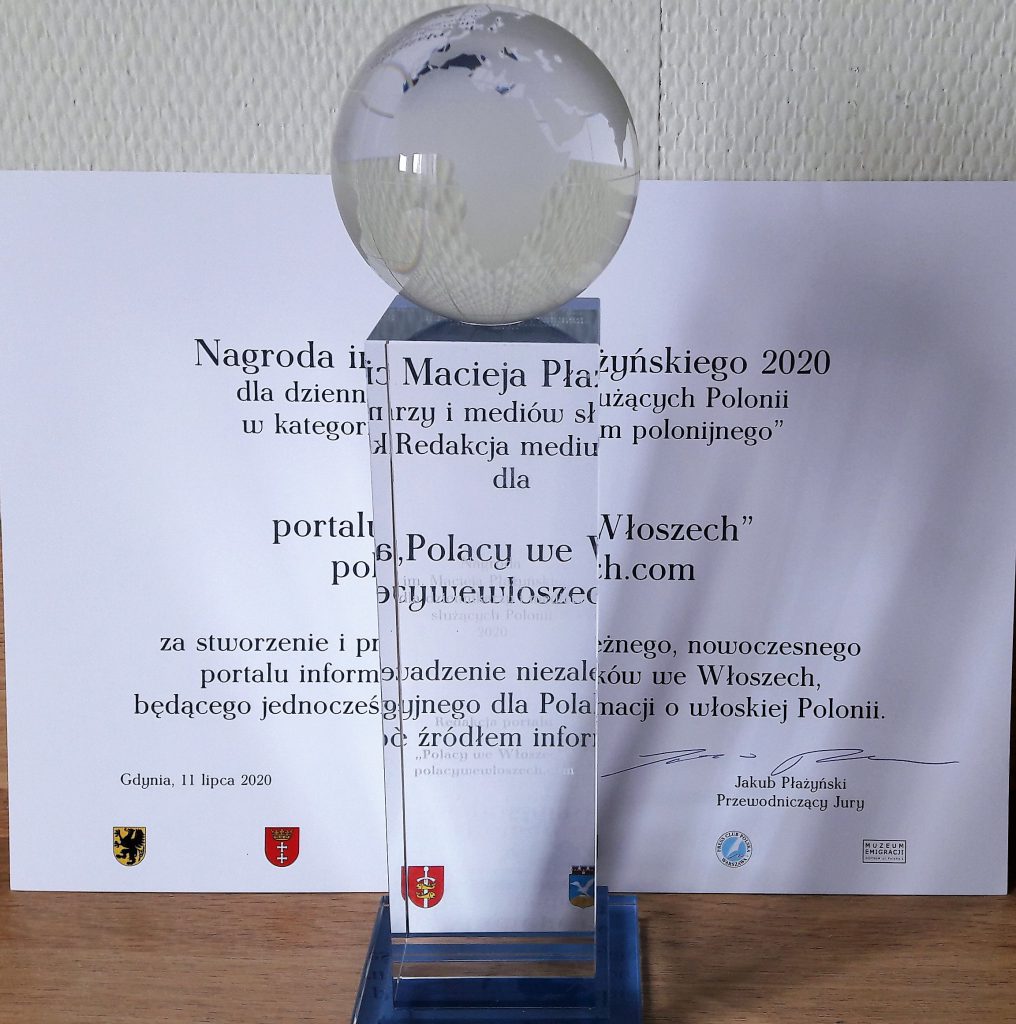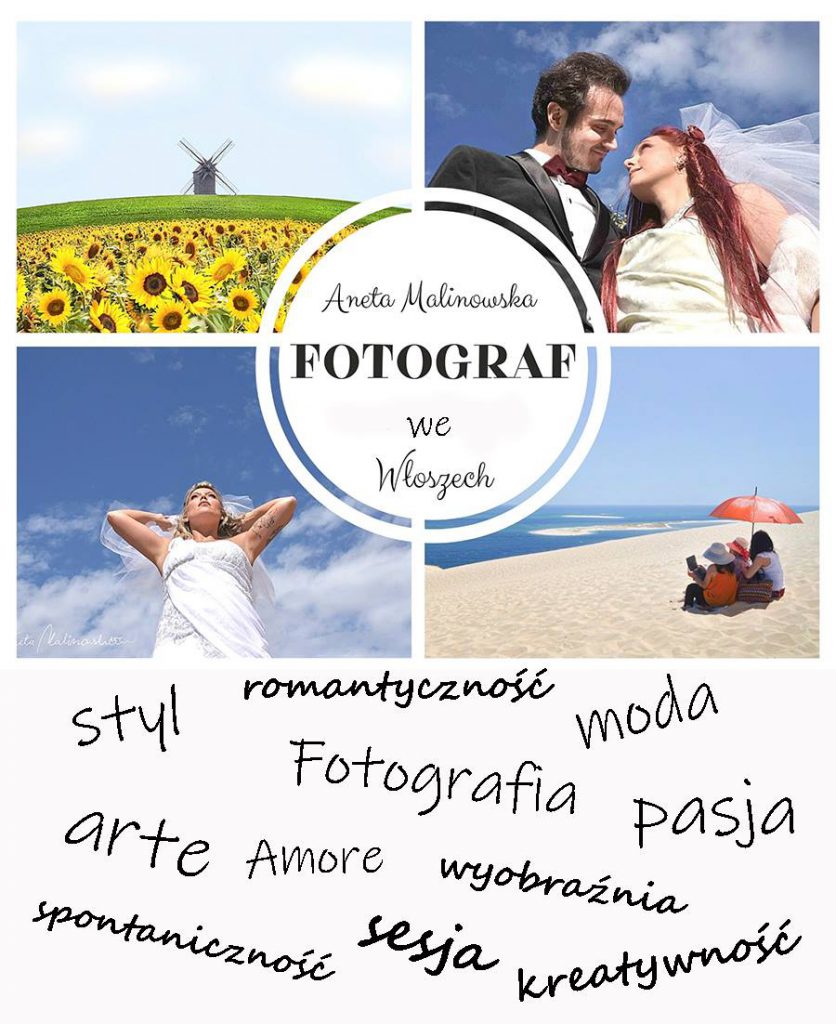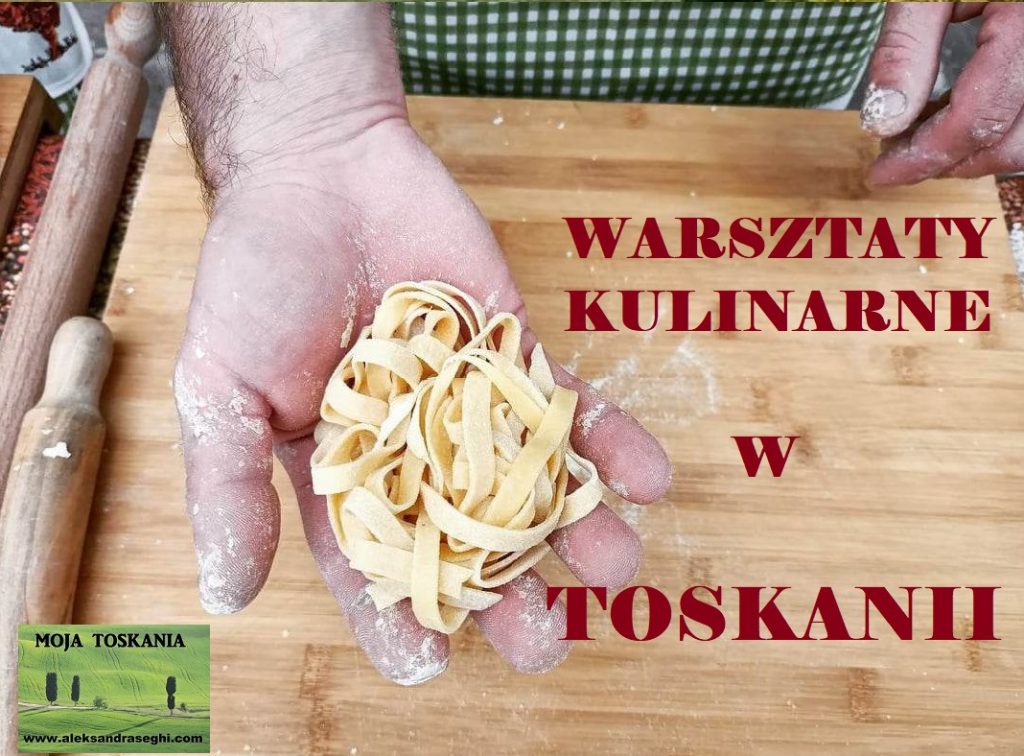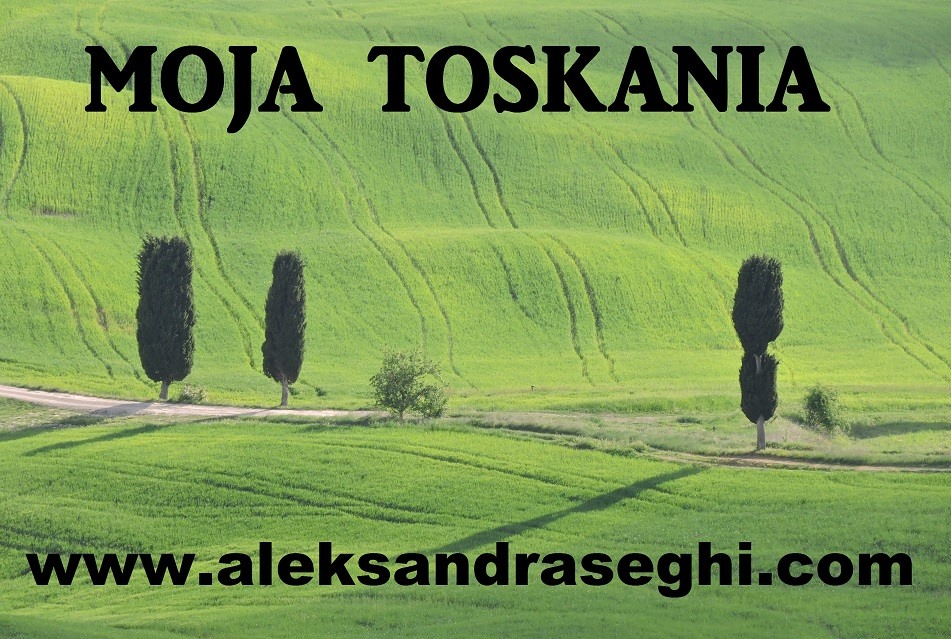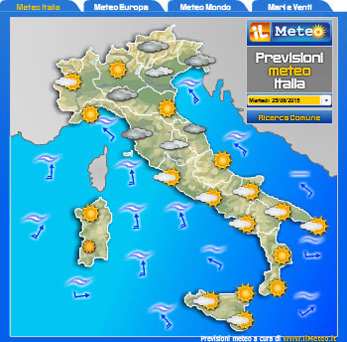5 października b.r. w PAN – ie w Rzymie na ulicy Vicolo Doria 2 odbędzie się sesja naukowa w języku angielskim pt. Granice polityczne i kulturalne (samo)wykluczenie.
Poniżej szczegóły w języku angielskim:
First session
MIGRATION SCENARIOS
11:00-13:00
Moderator
Piotr SALWA, PAS, Scientific Center in Rome
Donatella DI CESARE, Sapienza University of Rome, Department of Philosophy The State-Nation against migrants
Paweł KACZMARCZYK, University of Warsaw, Centre of Migration Research
Migration facts and migration myths: What are the roots of public
attitudes towards immigrants in Europe
Ilona IŁOWIECKA-TANSKA, Copernicus Science Centre
Who will create innovation: The category of science capital and its
role in discussing equality of opportunities
Alberto PIRNI, Sant’Anna School of Advanced Studies, Institute of
Law, Politics and Development
The challenge of living together
Jerzy WILKIN, PAS, Institute of Rural and Cultural Development
Contemporary threats to open societies and liberal states: Institutional
perspective
Discussion
Second session
CULTURAL INSTITUTIONS
14:00-16:00
Moderator
Riccardo POZZO, University of Verona, Department of Human
Sciences
Anna CZAJKA, Cardinal Stefan Wyszyński University in Warsaw,
Faculty of Humanities
Intercultural communication and humanities in the time of migrations
Paolo MASINI, MIBAC, MigrArti
Project MigrArti
Michał TRĘBACZ, POLIN, Museum of the History of Polish Jews
Who and why doesn’t want to visit the Polin Museum
Leandro VENTURA, MIBAC, The Central Institute for Demoanthropology
Projects for Minorities initiated by Central Institute for Demoethno-anthropology:
Italiani dell’altrove and Italia dalle molte
culture
Vania VIRGILI, INFN, H2020 SC6 Italian Representative
Migration related calls in Horizon 2020
The workshop is about political borders and cultural exclusion. Cultural innovation is something real that tops up social and technological innovation by providing the reflective society with spaces of exchange in which citizens engage in the process of sharing their experiences while appropriating common goods content. We are talking of public spaces such as universities, academies, libraries, museums, science-centers, but also of any place in which co-creation activities may occur, e.g. research infrastructures such as DARIAH-Digital Research Infrastructure for the Arts and the Humanities. At this level, social innovation becomes reflective and generates cultural innovation. Insisting on reflexivity helps to raise awareness for the importance of framing issues around engaging with
philosophy and society, identifying problems and defining solutions. In fact, the phenomenon of migration ought not to be reduced to the emigration or immigration processes of populations or ethnical groups. As Tullio Gregory never tires to repeat, the scope of migration is much larger, for it accompanies the whole history of civilizations, while involving continuous relations and reciprocal exchanges among diverse cultures, and thus translations of texts and modules from one to another context, be it linguistic, economic, political, or cultural, which appears with full
evidence, if we take the narrower perspective of Mediterranean and European cultures. In her recent Stranieri residenti: Per una filosofia della migrazione (Bollati-Boringhieri 2017) Donatella Di Cesare has argued that accepting
that borders determine spaces and places might eventually involve a dead-end of democracy. The continent of migrants scattered all over the world is enormous and many more people are getting ready to leave. Against migrants rise the States: hence the conflict between sovereignty and the right to mobility. Investigating, discussing, reflecting: migration asks for a careful consideration, concludes Di Cesare, of momentous ethical and political implications, first and foremost in connection with personal identity, gender, religious and cultural diversity. Finally, the workshop is about envisaging groups of civil society and that take part in cultural co-creation processes. There is still a number of social groups that are excluded or avoid engaging in participatory and cocreation activities in spaces of exchange. For this reason, the workshop considers the specificity of (self)excluded individuals and groups together
with its causes of (self)exclusion. Diversity has become a structural element of European societies. It is at
the core of generative dynamics of our social, economical and political texture. Migration produces change and fosters innovation.
